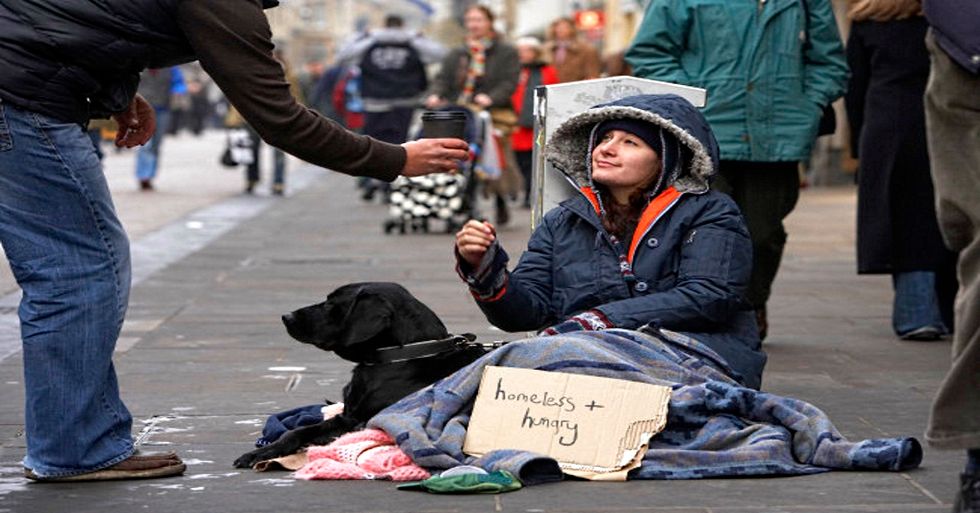Homelessness is a pervasive issue throughout the United States, with more than half a million people in 2015 having experienced it on a single night. The most common causes are a lack of affordable housing, low minimum wage, and income, a lack of employment opportunities and a lack of affordable health care.
Interestingly enough, homelessness is actually more frequent outside of metropolitan areas and affects far more women in rural areas, many of which persons are actually employed. Homelessness does not necessarily mean one is without shelter, and, in fact, the majority of persons experiencing it are "transitional;" meaning certain situations have forced them to require non-permanent shelter.
While I could go on about how our society’s infrastructures could do far better to support homeless persons (they could), or that those with higher wealth could do more to support homelessness charities (they really could), what I will instead be writing about is my decision to be more pragmatic about my support of homeless individuals.
One day, amidst my routine of taking a ton of food home from the cafeteria, all the while asking myself "Is this rock-bottom?", I spoke to a colleague who brought up the conversation of handing out food to the homeless (or, "unemployed," as he better called these individuals). All the food leftover from the College of Charleston's dining services are composted, anyway, so he suggested it would be better if it was actually given to people that needed it.
It was then that I made the decision to follow his advice.
Now, after work every night, I purchase food and snacks using my remaining Dining Dollars, and head out to Kings Street to distribute them; not returning until it’s all gone. It is my way of ensuring I can support those on the streets to the best of my ability, and do so practically.
Of course, it’s rewarding to help others, but what I didn’t expect to find rewarding were the conversations I get the opportunity to have, even if it’s simply a “Thank you” or a “God bless you." You get to know the people as people, not just individuals that are homeless. It’s changed my perspective, no doubt, and made me far more inspired to do what I can to further my support of those in need.
As we walk by homeless individuals, we often don’t know what to say or do, out of fear of being rude. Unfortunately, the distance some of us end up providing is actually far more alienating. If you have food you can offer within your own economic means, I suggest you do so.
If you can’t, that’s OK: but don’t just ignore people. Ask them how you could offer the person a little help. Talk to them about what’s been going on in the world. Share your interests and strike up a conversation. Or, simply, acknowledge them and offer them the benevolence of a “Hello!” or “How’s it going?”
Something is better than nothing. It took me a few conversations with individuals on the street, and the distribution of snacks to do it, but I gained the ability to gain a far better relationship with homeless persons simply by giving a little extra help.
Whatever it is you can offer, at least have it be something, because it means far more to people than you think.









































